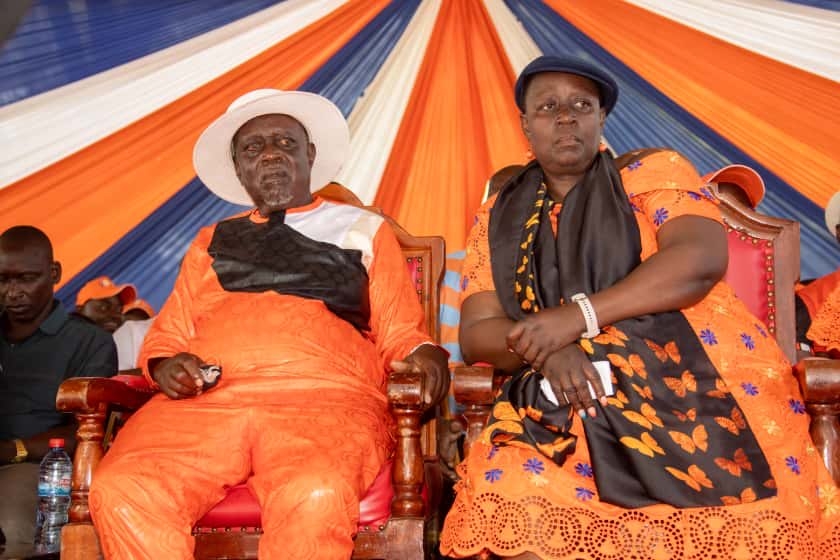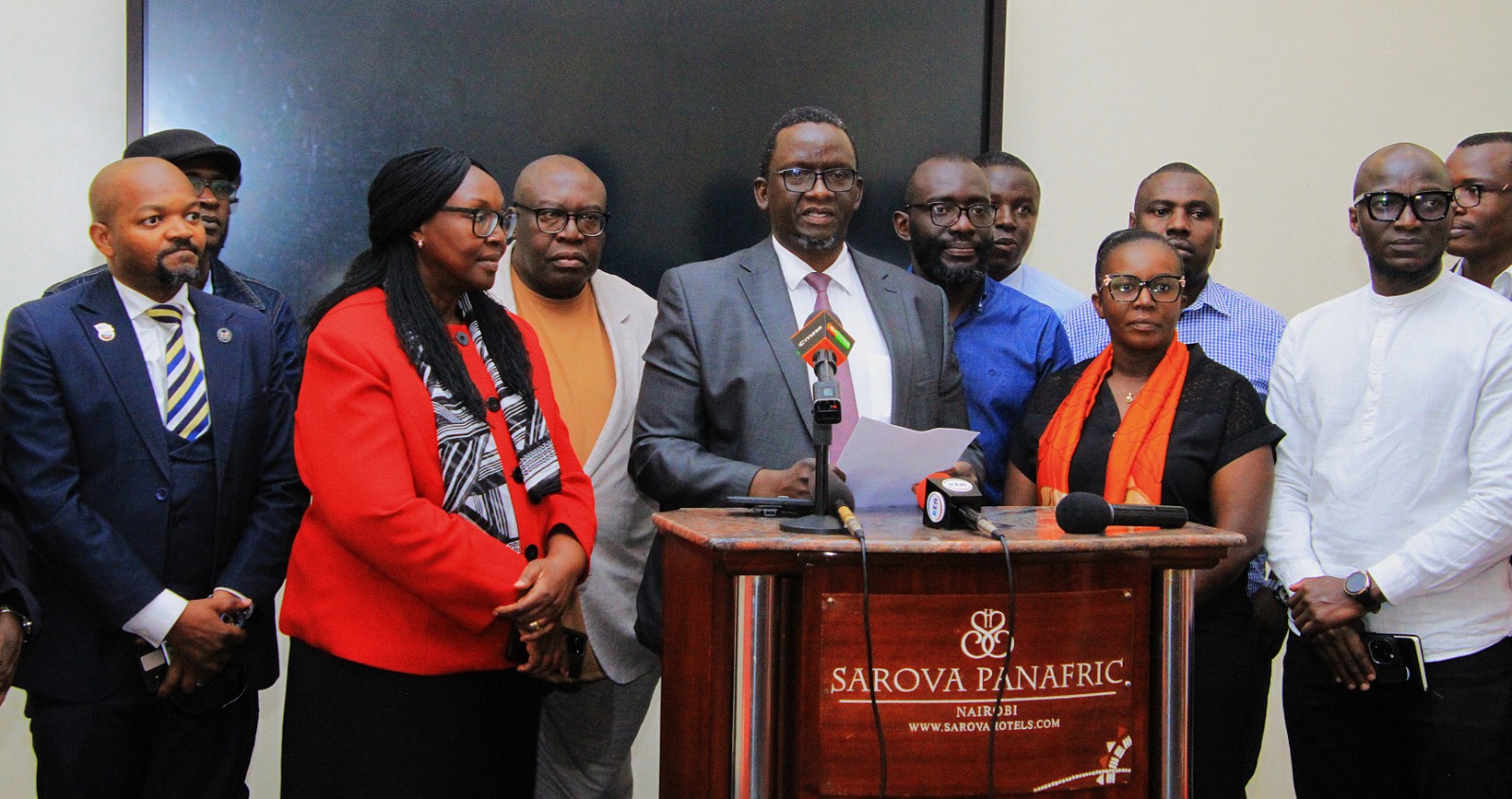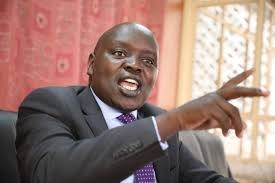James Kilonzo, an information technology engineer at a mid-sized firm in Nairobi earns a monthly gross salary of Sh100,000.
The sum is subject to an income tax expressed in his payslip as Pay As You Earn of 22.3 per cent, slashing Sh22,332. He contributes Sh1,080 to National Social Security and Sh1,700 for the National Health Insurance Fund. His net take home pay is Sh74,887.
Rent, sacco contribution, school fees for his masters degree programme, house and miscellaneous expenses swallow another Sh60,000.
In June this year, he spent Sh500 to buy 50 units of electricity that last him a month in his one bedroom house in Thindigua estate, Kiambu county. All that changed in August when the Energy Regulatory Commission announced new power tariffs.
Each unit now costs him Sh15.80 compared to Sh2.50 in June, meaning he has to fork out Sh790 for 50 units plus Sh125 for fuel taxes that brings the total to Sh930, Sh430 more compared to his previous tariff.
See:
On Sunday, the government loaded yet another indirect tax to his expenses, when it slapped a 16 per cent value added tax (VAT) on petroleum products.
For the proud owner of a Subaru Forester, which he uses on his daily commute, buying five litres of petrol daily will now cost him Sh639 up from Sh575 last week.
"With all these taxes I often feel I am working for the government than for my own benefit!" exclaims Kilonzo who is still single.
If Kilonzo, who considers himself a middle class Kenyan is lamenting, what of the millions of ordinary citizens who survive on Sh100 a day to feed a family?
Kilonzo’s tax deductions is a grim illustration of just how President Uhuru Kenyatta’s fundraising measures is forcing the poor and the not so poor to live from hand to mouth, unable to build up any savings.
The National Treasury is keen to raise funds to repay outstanding public debts that has now hit Sh5 trillion, cater for high recurrent expenditure and fund President Kenyatta’s Big Four Agenda of health, housing, manufacturing and food security.
The implementation of VAT on petroleum products will force manufactures and transport operators to pass the increased cost of doing business to customers.
This will certainly raise the price of basic household goods and services like food and transport which form a key component in computing the cost of living (inflation).
Before the introduction of the VAT on fuel Kenyans were paying Sh4 and Sh3 more than their counterparts in Tanzania and Uganda respectively.
Read:
But with the new 16 percent charge Kenyans will pay at least Sh30 more than their counterparts in the region including Uganda which is a landlocked country that imports her oil through the Mombasa port.
Despite Kenya charging the lowest VAT rate in the region, commodity prices are the highest in the region due to double taxation thus raising the cost of living. Rwanda, Uganda and Tanzania charge 18 percent.
While presenting the 2018/19 budget in June, National Treasury CS Henry Rotich announced money transfer service providers will pay 12 per cent excise duty up from the initial 10 per cent which was introduced in 2013.
"The amount collected through the increased taxation on mobile money transfer transactions will be directed to fund the universal health cover programme which is among the government’s Big Four priorities," Rotich said.
This saw mobile money firms raise transaction fees starting July 1, with Safaricom, for instance raising the cost of sending Sh1000 from Sh11 to 15. It also hiked withdrawal charges from Sh27 to Sh28.
Tom Omariba, a city watchman who uses the M-Pesa service often to send money to his wife and parents back in Etago in Kisii county says the cost has gone up forcing him to reduce the number of transactions per month.
"I am paid weekly and so I send money home every weekend, but with the new charges i have to think of consolidating the amount and sending at one go," he said.
Uganda and Tanzania charge excise duty of 10 per cent for sending and withdrawing money through mobile money transfers compared to Kenya’s 12 per cent.
Rotich, through the Finance Bill, 2018, had proposed the establishment of National Housing Development Fund which would have seen employees taxed 0.5 per cent of their gross salaries or a maximum of Sh5,000 and the same matched by the employer. This was however shot down by MPs to the huge relief of taxpayers.
Last Thursday, MPs rejected tax proposals that would have seen financial institutions impose a 0.05 per cent tax on bank transactions above Sh500,000. The tax popularity known as Robin Hood Tax was part of Finance Bill 2018.
The government’s Tax Laws (Amendment) Bill, 2018, the draft Income Tax Bill and Finance Bill 2018, are all targeted to help KRA raise revenue collection by Sh254 billion to Sh1.74 trillion.
Last year, the tax man collected Sh1.48 trillion against a target of Sh1.65 trillion, missing its target by Sh172.4 billion on account of slow business as a result of a protracted General Election.
To plug the gaps Kenya has increased the taxation rate making it a highly taxed country in the region.
Whereas regional governments have imposed a 30 per cent flat corporate tax Kenya has it’s pegged at 35 per cent for companies whose annual income is above Sh500 million.
See:
Read:
Other than making Kenya hostile for investment which is likely to impact negatively on job creation which is part of Jubilee’s Big Four Agenda, this will drive up production costs which will in-turn passed on to consumers.
The highest personal income taxable - also known as PAYE - in all east Africa countries stands at 30 per cent and the lowest is at 10 percent.
Traders who spoke to the Star at Wakulima Market criticised the 16 per cent VAT of petroleum products saying they will be forced to increase the cost of essential food.
Tomatoes trader Eunice Wanjiku said her suppliers will increases prices which she will pass on to her customers.
"I sell five small ones for Sh20 while three big ones go for Sh 20," she said adding that she will be forced to review her prices.
Fruits trader John Ndirangu sells a 100 kilo sack of fruits for Sh4,500, but this will go up.
Retail Trade Association chief executive Wambui Mbarire said the fuel cost will increase the cost of living as well as the cost of doing business.
"We are part of KEPSA and we are opposed to the increase in fuel cost. We will have discussion with members tomorrow (today) to come up with a stand. The impact of the 16 per cent tax on fuel to the economy increasing the cost of living which usually refers to everything," Mbarire said.
Politicians registered their displeasure with government’s move despite MPs last Wednesday voting to extend the suspension implementation by two more years.
Nairobi Senator Johnson Sakaja asked President Kenyatta, who is attending the China-Africa conference in Beijing, to approve the amendment exempting fuel from VAT.
"The gain in tax revenue is much less than the goodwill of Kenyans in the fight against corruption (where we are losing much more). If anything, we should entirely do away with VAT on fuel," Sakaja said on Twitter.
Senate Minority Whip Mutula Kilonzo Jnr now wants National Assembly Speaker Justin Muturi to recall MPs from recess so they cobble together a solution.
Read:
More:













